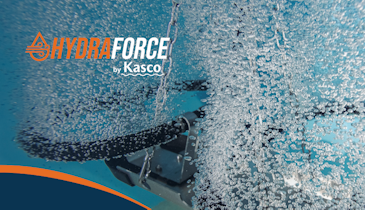It was perhaps one of the more unusual benefits used to attract job applicants. But there couldn’t have been a more enticing offer for Bill Mixer back in 1978 than the free annual ski pass offered by the Public Works Department in Teton Village, Wyo. The position was running the...
From Skier to Water Technology Expert
Long ‘run’ at Casper, Wyo., college leads to development of comprehensive water certificate programs
Popular Stories
Discussion
Comments on this site are submitted by users and are not endorsed by nor do they reflect the views or opinions of COLE Publishing, Inc. Comments are moderated before being posted.









